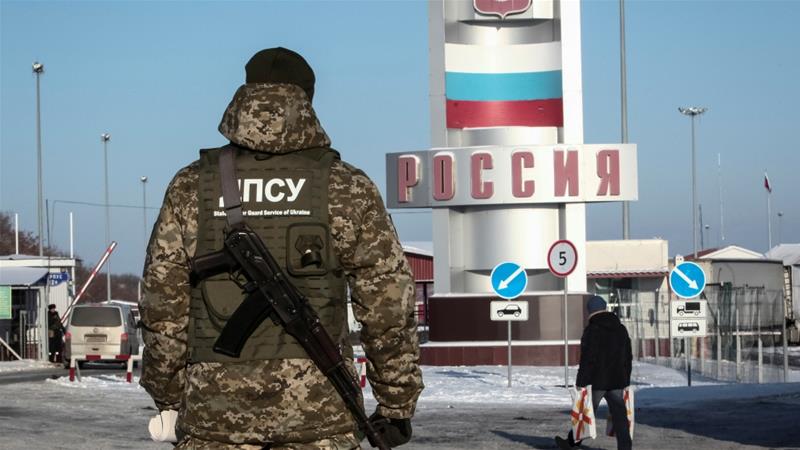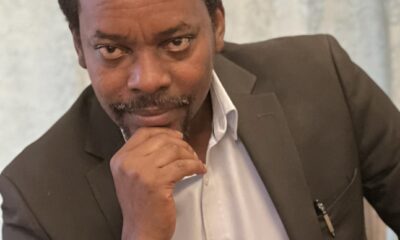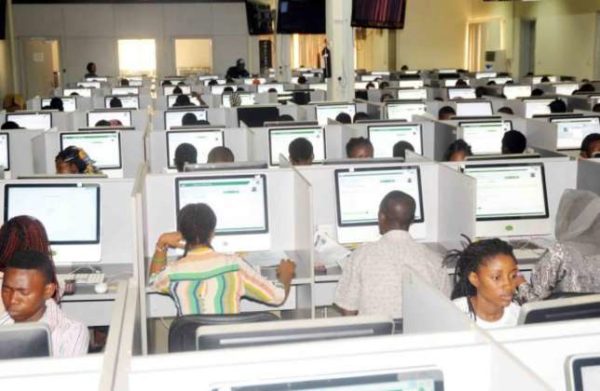Global Issues
The Berlin Wall That Fell In 1989 And The New One Put Up In 1991 -By Leonid Ragozin

When the Berlin Wall came down 30 years ago, it was a triumph of open society and freedom of movement. But when two years later the Soviet Union collapsed, precipitated by this cathartic event, thousands of kilometres of new borders emerged, often where they had never existed, dividing families and friends in newly created ethnic nation states.
The border between the eastern regions of Ukraine and southwestern Russia is one such example and a core issue that lies at the heart of all dilemmas faced by those involved in the peace process in Ukraine’s war-torn Donbas region.
Today, Ukraine’s new President Volodymyr Zelenskyy has taken up the challenging task of negotiating a resolution to the conflict with Russia after winning a popular mandate in the recent presidential elections.
After a few setbacks caused by Ukrainian far-right paramilitaries opposing his peace efforts, the disengagement of Ukrainian troops and Russian-backed separatist forces took place in key flashpoints on the frontline in Donbas region in recent weeks, opening a way for top-level talks with France and Germany as mediators.
If it materialises, the resulting peace agreement would answer fundamental questions about Ukraine’s statehood and the fate of millions caught up in the conflict. Will Ukraine grant a broad autonomy to the Donbas region, which in that case will likely continue to be ruled by Russian proxies? In such a new constitutional arrangement, will the proxies ruling the region be able to veto Ukraine’s integration into Euro-Atlantic structures, especially NATO, either in parliament, as an autonomous region in a de facto federal state or simply through the threat of escalation?
Sensing war fatigue in Ukraine and Ukraine fatigue in the West, the Kremlin’s foreign policy strategists will most likely push for both. Their latest success in Syria (and the inability of Western powers to prevent it) must have convinced them that with a bit of resolve, they can hope for a best-case scenario in Ukraine as well.
The official Ukrainian position, according to Ukrainian foreign minister, Vadym Prystaiko, is that the country will never cross two red lines. It will not become a federation (ie, will remain a unitary state) and it will not change its foreign policy orientation towards the West. But the wording of this supposedly defiant statement is deliberately vague. The rebels can get their veto without Ukraine becoming a federation on paper. A vaguely pro-Western course can be retained without the country aspiring to join NATO – Finland did exactly that during the Cold War years (and benefitted from it greatly).
A key factor for the success of the talks is whether Ukrainian society, ever so prone to ousting failed leaders in revolutions, will accept inevitable compromises with Moscow. The picture is murky.
On the one hand, there is a clear demand for ending the conflict, reflected in the sound defeat of the party of war led by the previous president, Petro Poroshenko, in last spring’s presidential election. On the other hand, polls demonstrate that a significant chunk of the population, around 30 percent, has an aversion to specific models of realistic compromise, particularly to full-blown autonomy in Donbas. Opponents of compromise include many war veterans and Maidan revolution activists.
At the same time, even after five years of war fomented by Russia, the idea of a hard border with its aggressive neighbour is still a hard sell in Ukraine. Last month, a regular poll jointly conducted by Ukraine’s KMIS and Russia’s Levada Center showed that 49 percent of Ukrainians (down from around 70 percent before the war) still believe that the two countries should have open borders with no customs and visas.
These attitudes have major implications for Ukraine’s EU and NATO aspirations, which both presume a hard border with Russia. Dragging Ukraine into Euro-Atlantic structures without Russia, not to mention creating a monolingual Ukrainian state, as envisaged by ethnonationalists, has always been a dystopian project. Those who pursued it neglected the organic texture of Ukrainian society, namely millions of family links with Russia, as well as the country’s history – the real one, not esoteric mythology touted by ethnonationalists.
Much of the Russian-Ukrainian border cuts through the lands that were gradually colonised by people from a variety of ethnic backgrounds (Ukrainians, Russians, Serbs, Greeks, Jews, Germans – to name a few) as the Russian empire expanded into what was previously known as the Wild Fields, a nomad land that makes a bulk of southeastern Ukraine. Until 1991, there had never been a physical or cultural border separating Russian territory from places like Kharkiv, Ukraine’s second-largest city founded by Russia’s Tsar Aleksey, or Donetsk and Luhansk – mining cities founded by British engineers working for the Russian empire.
Rather than having a distinct border, Ukraine has always gradually blended into Russia as you move from west to east, with significant Ukrainian influences remaining for hundreds of kilometres into Russian territory. This is why the pursuit of rigid and old-fashioned nation state projects by both Russia and Ukraine puts people with complicated identities in places like Donbas and Crimea in an impossible situation, while politicians in Moscow, Kiev and Western capitals capitalise on their misery.
Western governments and political commentators tend to downplay very tangible problems faced by a large part of the Ukrainian population with firm and stable ties to Russia, while further alienating it by stoking up nationalism.
The consistent rejection of these people’s experience, cultural sensibilities and dignity by Western hawks and local nationalists leaves them with hardly any choice but to embrace the only political leader whose rhetoric agrees with their personal life experiences. This man is Russian President Vladimir Putin who called the collapse of the USSR the greatest catastrophe of the 20th century. It is not that these people are nostalgic about the Soviet system (not in its entirety anyway) but they are certainly longing for the times when there were no borders near where they live.
This alienation policy serves no one except Putin, who is the most grotesque and powerful embodiment of the global onslaught of aggressive nativism, spanning from Bolsonaro and Trump in the Americas to Orban and Kaczynski in Europe. In Russia, as much as everywhere else, this nativism works primarily as a smokescreen for political corruption.
The bitterest irony is that people in Donbas and Crimea are genuine unionists, who are neither backward nor particularly anti-Western. All they want is not to be separated by a new Berlin Wall from their close kin in Russia.
Ukraine’s Russophones could become the most ardent supporters of European integration, if it was less about building new walls in the East, but more about showing them that both Ukraine and Russia have a place in a united Europe, even if not in the immediate future.


















